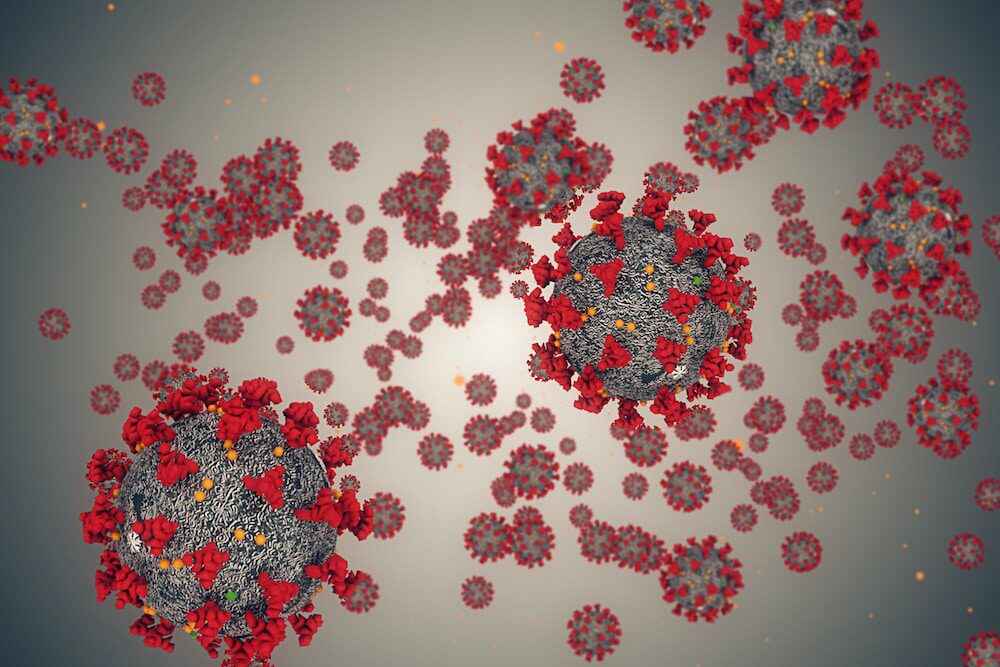
Overdoses Surge as Coronavirus Pandemic Persists in the US
As a nation, we are facing a health crisis unlike any other. Seasons are changing, and the United States still finds itself in the midst of a global pandemic—where good news seems to be few and far between.
As the coronavirus surged across the country in earlier months of 2020, experts gradually recognized a pattern in drug overdoses that seemed to be intrinsically linked to the crisis at hand. With millions of jobs lost, relationships in disrepair, and questions of health and safety looming in nearly every household worldwide, those who struggle with addiction could easily lose hope for recovery.
Preliminary federal data indicates that even though drug overdoses decreased in 2018, they are likely to have increased in 2019. This was before the pandemic set in.
COVID-19 and its avalanche of complications—both economic and otherwise—only made the outlook for drug overdoses in 2020 to be even worse.
From the Lehigh Valley in Pennsylvania to our Canadian neighbors in British Columbia, the effects of the coronavirus pandemic on addiction recovery are wide-ranging. In rural West Virginia, officials noted that EMS overdose calls rose 24% since the coronavirus began in the US. Communities that had formerly reported decreases in overdoses and overdose deaths are now reporting upticks—a sobering fact that appears to paint over past the progress that was made.
The crisis of addiction continues—an epidemic that poses an even more immediate threat to those who are currently struggling or have struggled in the past.
Factors Leading to Overdose Increases During COVID-19
As the coronavirus spread across the United States, the idea of social isolation became a public prescription. Medical officials and governing organizations instructed Americans to stay home and isolate themselves as much as possible, making it difficult for people to visit with family and friends. Many recovery groups could also not meet in person—stripping away a precious resource for thousands of people who rely on meetings for regular check-ins, camaraderie, and support.
Addiction is a disease of isolation, meaning those who are in active addiction are already more likely to isolate themselves from others. For this reason, the concept of community is emphasized for those who are in early recovery.
Rehab programs and recovery groups like NA and AA are often built upon the idea of group therapies and sharing experiences and feelings with those who are in a similar situation. Taking away access to these life-saving therapies can make an enormous difference in a recovering addict’s experience.
Economic and societal factors are undoubtedly influencing the increase in overdoses as well. With so many Americans out of work and struggling to make ends meet, mental health concerns such as anxiety and depression are skyrocketing. As the pandemic wears on—over six months after it began in the US—these feelings only seem to multiply.
The World Health Organization recently reported that COVID-19 is causing a “mental health crisis” of anxiety, depression, and substance abuse. A briefing from the Pan American Health Organization also discovered that fears of contracting the virus and frontline workers’ increased hours were just two of the factors contributing to mental health concerns, in addition to the risks for victims of domestic violence to remain at home.
The factors contributing to the rise in mental health concerns and substance abuse are innumerable, and it is only through providing accessible treatment and support that we may begin to overcome.
Finding Access to Help and Making Mental Health a Priority
In these unprecedented times, we must also take an unprecedented approach. While we cannot control the factors that are influencing the current surges in drug overdoses, we can become more vigilant than ever in ensuring that addiction treatment services are available—whether remotely or in-person.
If you are experiencing increased substance abuse due to COVID-19, we are here to help. Contact us today.